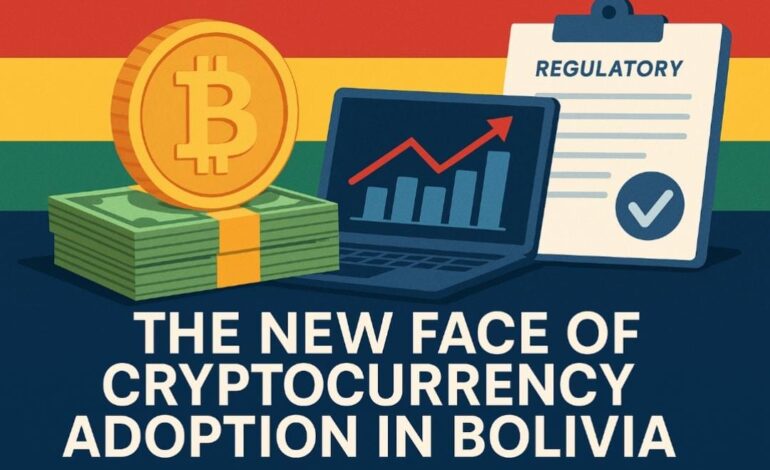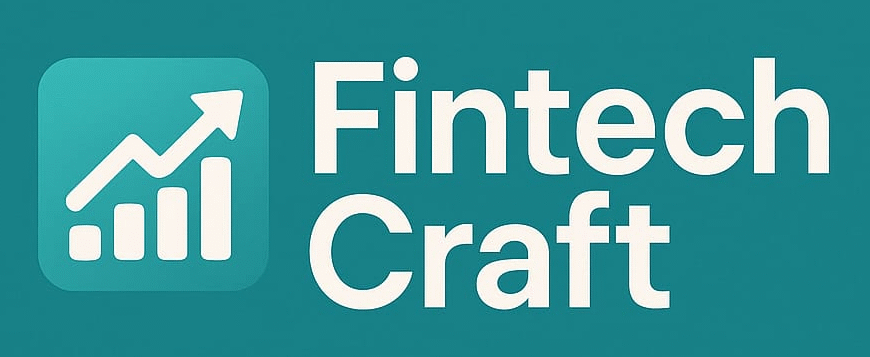
The New Face of Cryptocurrency Adoption in Bolivia
Cryptocurrency Adoption in Bolivia: Bolivia is undergoing a major financial transformation, marked by a groundbreaking partnership with El Salvador to advance virtual asset regulation and blockchain development. This collaboration, forged between Bolivia’s Central Bank and El Salvador’s National Commission of Digital Assets (CNAD), reflects the new face of cryptocurrency adoption in Bolivia—one rooted in knowledge-sharing, regulation, and cross-border innovation.
Once cautious, Bolivia now views crypto as a viable and reliable alternative to traditional financial systems, especially in the face of global economic uncertainty.
A 532% Surge: Virtual Assets Gain Ground
As of June 2025, cryptocurrency adoption in Bolivia skyrocketed—virtual asset transactions surged 532%, reaching $294 million annually. This dramatic rise followed the enactment of Board Resolution 082/2024, which legalized the use of virtual assets for cross-border trade and e-commerce.
The Central Bank responded with over 33 educational workshops nationwide, empowering citizens to understand both the opportunities and risks of digital assets.
Learning from El Salvador’s Bitcoin Blueprint
El Salvador brings invaluable experience to the table. As the first country to adopt Bitcoin as legal tender, it has become a leader in digital asset regulation. Despite IMF loan restrictions limiting further Bitcoin purchases and requiring the privatization of the Chivo wallet, El Salvador continues to shape crypto policy globally.
Bolivia now taps into this expertise through CNAD, using El Salvador’s regulatory framework as a guide for its own evolving digital asset ecosystem.
Crypto in National Trade: YPFB Breaks New Ground
Bolivia’s commitment to crypto goes beyond retail and investment. In 2025, the Central Bank authorized YPFB, the state-run oil company, to use virtual assets for fuel imports. This decision aims to ease foreign currency shortages that had previously impacted the country’s fuel supply.
This move demonstrates how cryptocurrency adoption in Bolivia is now deeply tied to strategic national interests and trade modernization.
Financial Institutions See 40% Crypto Growth
In just two months (July–August 2025), six Bolivian financial institutions reported a 40% increase in crypto operations. This trend not only signals growing consumer trust but also confirms the institutional acceptance of digital assets within Bolivia’s formal financial system.
A Turning Point in Latin America
The Bolivia–El Salvador partnership is more than a bilateral agreement—it’s a symbol of Latin America’s shift toward decentralized finance, cross-border cooperation, and regulated crypto ecosystems.
As other nations watch closely, cryptocurrency adoption in Bolivia could emerge as a model for sustainable, inclusive financial transformation in developing economies.
Also Read: The Hidden Health Insurance Risk After 60






